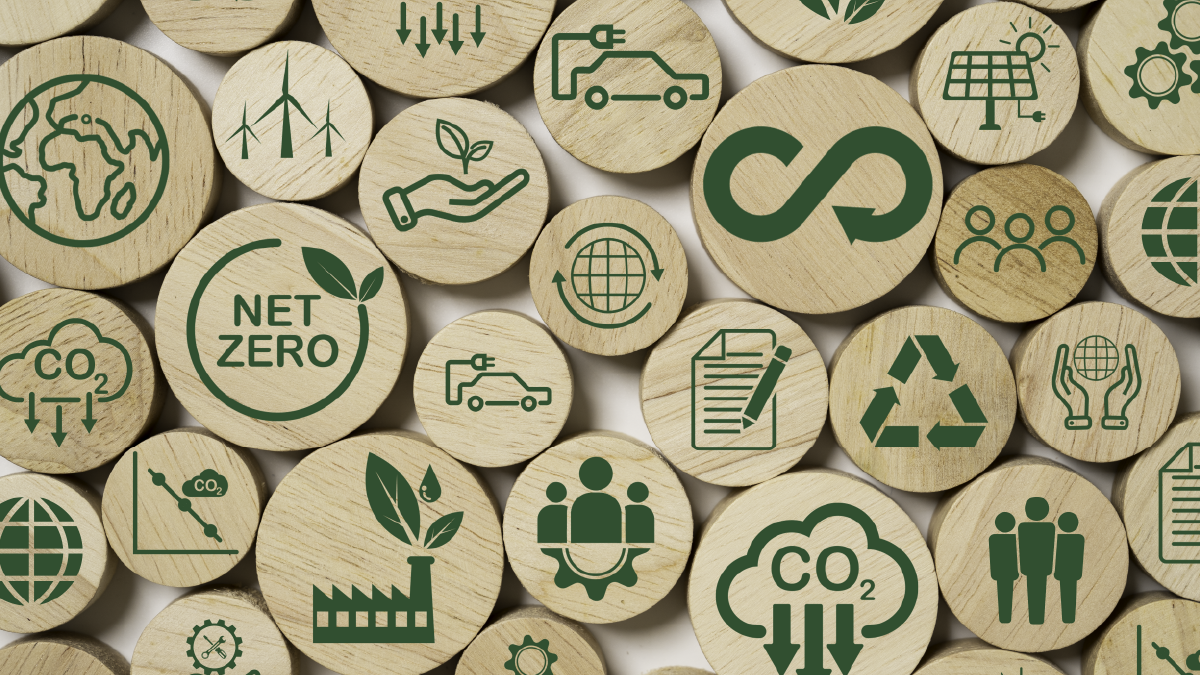
At the end of COP28 last year, the primary takeaway was the necessity for governments to set a new climate finance goal, reflecting the scale and urgency of the climate challenge.
As nations convened at COP29, the question was whether this goal had been realised. We caught up with Philip Chapman, Sustainability Adviser in our green energy and sustainability team, to evaluate this year’s major talking points and their wider implications for the UK.
Held amid a myriad of global geopolitical tensions and uncertainties, annual climate conference COP29 took place in Baku, Azerbaijan.
The conference, which included world leaders, negotiators, lobbyists and Non-Governmental Organisations (NGOs), coincided with a potential shift in U.S. climate policy following Donald Trump’s recent presidential election victory.
This raised concerns about the continuity of U.S. climate leadership, given the President-elect’s previous comments, which have historically impacted global efforts.
Azerbaijan, a major oil and gas producer, hosted COP29, prompting valid concerns about the effectiveness of the conference in promoting meaningful commitments to phase out fossil fuels. The country's reliance on hydrocarbon exports presented a potential conflict of interest in leading decarbonisation discussions.
Nevertheless, global climate leaders, including the UK, reaffirmed their commitments to the Paris Agreement at COP28 to limit global warning to 1.5°C above pre-industrial levels. They emphasised the urgent need for increased climate financing and ambitious emission reduction targets.
Key outcomes included the establishment of the New Collective Quantified Goal (NCQG) for climate finance, aimed at helping developing countries address climate change by mobilising resources from both public and private sectors to aid vulnerable countries. The UK advocated international cooperation through initiatives like the Global Clean Power Alliance, which seeks to accelerate the global transition to clean energy.
For the UK, COP29 reinforced the domestic net-zero strategy. Prime Minister Sir Keir Starmer announced ambitious targets, including a new 2035 Nationally Determined Contribution (NDC) to reduce greenhouse gas emissions by at least 81 per cent from 1990 levels.
The UK also highlighted the role of clean energy in economic growth, with initiatives such as expanded offshore wind capacity and funding for carbon capture and hydrogen projects.
This positive message from our own government aligns with the wider ambitions of Fisher German and our green energy and sustainability team to promote renewable energy and enhance the energy efficiency of our commercial building stock through our Delivering Net Zero (DNZ) service.
The outcomes of COP29 are expected to bolster the UK's net-zero goals by fostering both international collaboration and domestic advancements in renewable energy and sustainable technologies.
However, challenges remain in securing the necessary private-sector investment and ensuring global alignment on enhanced climate commitments which is going to be no easy task.





